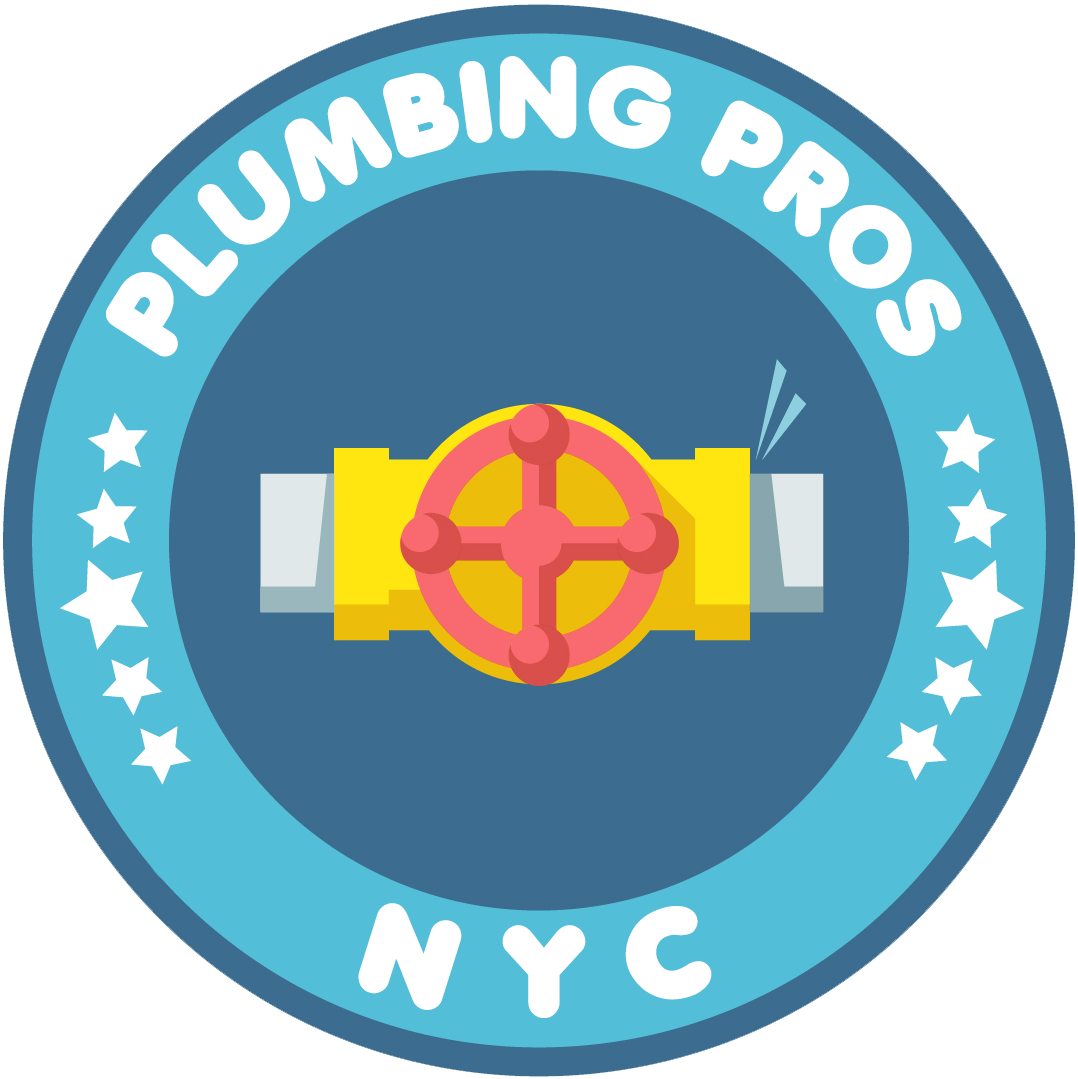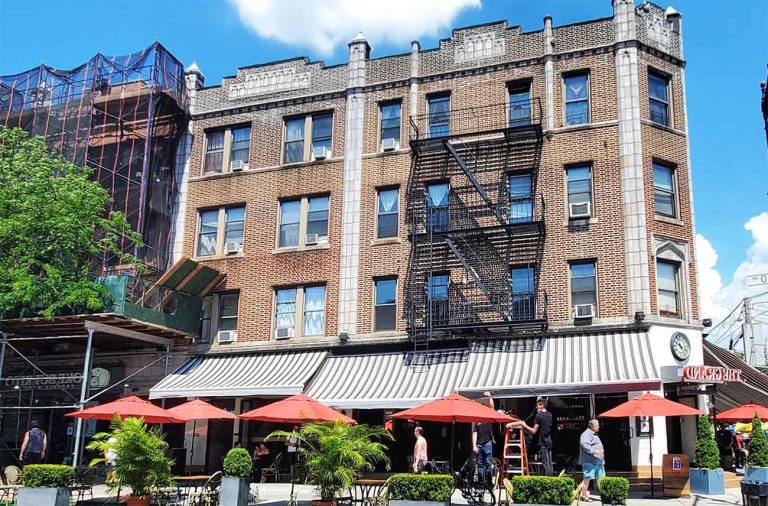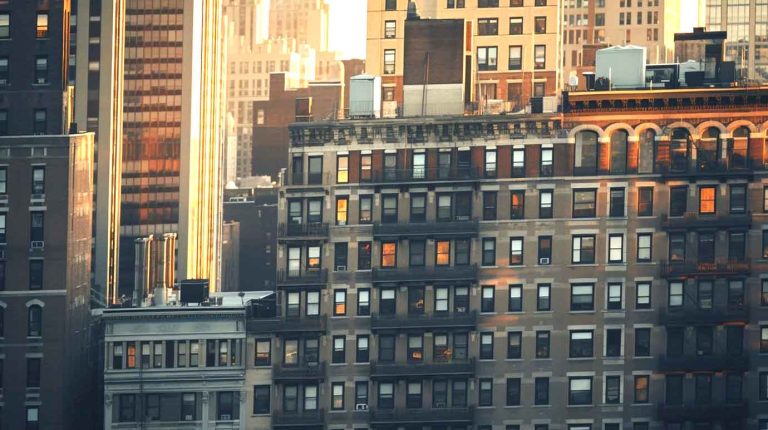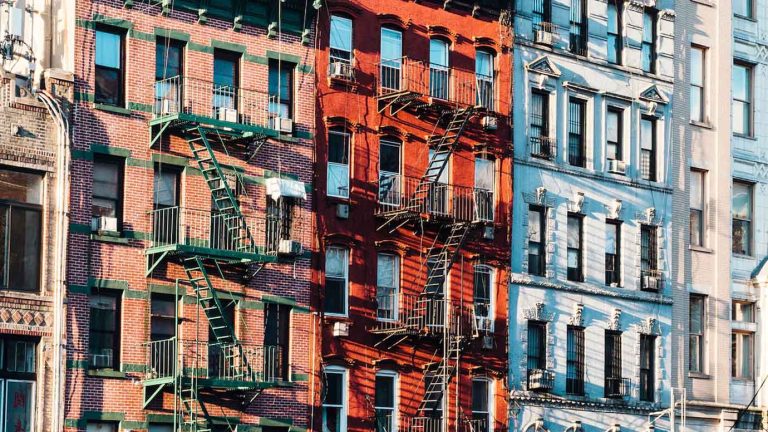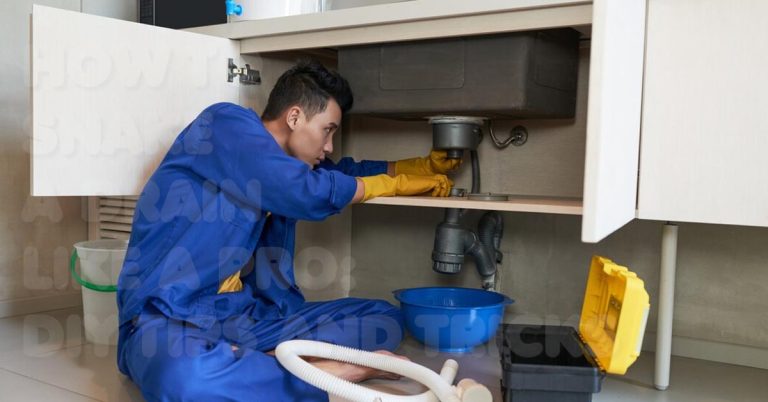The Homeowner’s Guide to Preventive Plumbing Maintenance
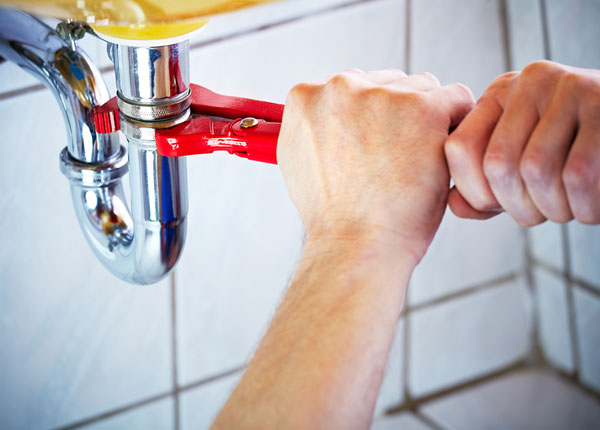
Plumbing problems can be costly, inconvenient, and sometimes even disastrous. From water leaks to clogged drains and broken water heaters, plumbing issues can cause significant damage to your home and belongings. The good news? Many of these problems can be prevented with regular preventive plumbing maintenance.
By performing simple checks and routine maintenance, you can avoid significant plumbing issues, extend the life of your plumbing system, and save money on costly repairs. This guide will walk you through essential preventive plumbing maintenance tips every homeowner should know.
However, if you encounter a plumbing problem beyond your DIY skills, NYC 24/7 Plumbing Pros is here to help. Call us at (332) 233-7070 for fast and reliable plumbing services.
Table of Contents
Why Preventive Plumbing Maintenance is Important
Preventive plumbing maintenance is not just about avoiding inconvenient leaks or clogs; it’s about protecting your home and saving money in the long run. Here’s why it’s essential:
Prevent Costly Repairs and Water Damage
By catching minor issues early, you can prevent them from becoming costly repairs or causing significant water damage to your home’s structure and belongings.
Extend the Life of Your Plumbing System
Regular maintenance helps keep your pipes, fixtures, and appliances running efficiently, extending their lifespan and delaying the need for replacements.
Save Money on Utility Bills
Fixing leaks, maintaining water heaters, and ensuring efficient water flow can reduce water and energy consumption, lowering your monthly utility bills.
Improve Water Quality and Safety
Regular maintenance prevents mineral buildup, corrosion, and contamination, ensuring clean and safe water for your household.
Essential Preventive Plumbing Maintenance Tips
Here are essential preventive plumbing maintenance tasks every homeowner should perform to keep their plumbing system in top shape:
1. Check for Leaks and Drips
Even small leaks or drips can waste hundreds of gallons of water over time, leading to water damage or mold growth.
How to Check for Leaks:
- Inspect Visible Pipes: Check under sinks, behind toilets, and around appliances for visible leaks or water stains.
- Monitor Water Meter: Turn off all water-using appliances and faucets, then check your water meter. If the meter continues to run, you likely have a hidden leak.
- Test Toilets for Leaks: Add a few drops of food coloring to the toilet tank. You leak the flapper valve if the color appears in the bowl without flushing.
Pro Tip: Fix leaky faucets and toilets promptly to save water and prevent further damage.
2. Clean and Maintain Drains
Clogged drains are a common plumbing problem that regular maintenance can easily prevent.
How to Clean Drains Naturally:
- Baking Soda and Vinegar: Pour half a cup of baking soda and one cup of vinegar down the drain. Let it fizz for 15 minutes, then flush with boiling water.
- Use Drain Screens: Install mesh drain screens in sinks, showers, and tubs to catch hair, food particles, and debris.
- Avoid Grease and Oil: Never pour grease or cooking oil down the drain, as it solidifies and clogs pipes.
Pro Tip: Avoid chemical drain cleaners, which can damage pipes and harm the environment.
3. Inspect and Maintain Water Heater
Your water heater is one of your home’s most essential plumbing appliances. Regular maintenance ensures it runs efficiently and extends its lifespan.
Water Heater Maintenance Tips:
- Check Temperature Setting: Keep the water heater to 120°F to prevent scalding and save energy.
- Drain and Flush the Tank: Drain and flush the water heater tank at least once a year to remove sediment buildup that reduces efficiency.
- Inspect for Leaks and Corrosion: Check around the water heater’s base for leaks, rust, or corrosion.
Pro Tip: If you notice a decreased hot water supply or strange noises, it may be time to replace the heating elements or call a professional.
4. Test Water Pressure
High water pressure stresses your plumbing system and can lead to leaks, burst pipes, and damage to appliances.
How to Test Water Pressure:
- Use a Water Pressure Gauge: Attach a water pressure gauge to an outdoor hose faucet and turn on the water.
- Recommended Water Pressure: Ideal water pressure for residential plumbing systems is between 40 and 60 psi.
- Install a Pressure Regulator: If your water pressure is consistently above 60 psi, consider installing a pressure regulator to protect your plumbing system.
Pro Tip: If you experience low water pressure, it could indicate a hidden leak or blockage that needs professional attention.
5. Maintain Your Sump Pump
If your home has a basement or is prone to flooding, maintaining your sump pump is crucial to prevent water damage.
Sump Pump Maintenance Tips:
- Test the Sump Pump: Pour a bucket of water into the sump pit to ensure the pump activates and drains the water properly.
- Clean the Sump Pit and Pump: Remove debris, dirt, and grime from the sump pit and clean the pump’s intake screen.
- Check the Discharge Line: Ensure the discharge line is free of obstructions and directs water away from your home’s foundation.
Pro Tip: Test your sump pump every few months before heavy rainfall to ensure it’s in good working condition.
Seasonal Plumbing Maintenance Tips
Seasonal maintenance helps you prepare your plumbing system for changing weather conditions and prevents seasonal plumbing issues:
Spring and Summer Maintenance
- Inspect Outdoor Faucets and Hoses: Check for leaks or damage caused by winter freezing.
- Clear Gutters and Downspouts: Prevent water damage by ensuring proper drainage from your home.
- Check Sprinkler Systems: Test and adjust sprinkler systems for leaks, clogs, or broken heads.
Fall and Winter Maintenance
- Winterize Outdoor Faucets: Disconnect hoses and shut off outdoor faucets to prevent frozen pipes.
- Insulate Exposed Pipes: Wrap exposed pipes with insulation sleeves to protect them from freezing temperatures.
- Check Water Heater Performance: Ensure your water heater works efficiently before winter demand increases.
When to Call a Professional Plumber
While preventive maintenance helps prevent most plumbing issues, there are times when you should call a professional plumber:
- Major Leaks or Burst Pipes: Shut off the main water supply and call a plumber immediately.
- Sewer Line Backups: If you notice multiple clogged drains or sewage backups, it’s likely a sewer line issue.
- Water Heater Problems: If your water heater is leaking, not heating, or making strange noises, call a professional for inspection and repair.
- Low Water Pressure: Persistent low water pressure could indicate a hidden leak or blockage that requires professional attention.
NYC 24/7 Plumbing Pros is available 24/7 for all your plumbing needs. Call us at (332) 233-7070 for fast and reliable service.
Preventive plumbing maintenance is the key to avoiding costly repairs, water damage, and unexpected plumbing emergencies. By following these simple tips, you can extend the life of your plumbing system, save money on utility bills, and protect your home from water damage.
However, if you encounter a plumbing problem beyond your DIY skills, don’t hesitate to contact NYC’s 24/7 Plumbing Pros.
Call us today at (332) 233-7070 or visit nycplumbingpros.com to schedule a service.
FAQs
How often should I perform plumbing maintenance?
Basic plumbing maintenance should be performed every 3–6 months, and seasonal maintenance should be performed twice a year.
Can I use chemical drain cleaners?
Chemical drain cleaners can damage pipes, so opt for natural solutions like baking soda and vinegar.
